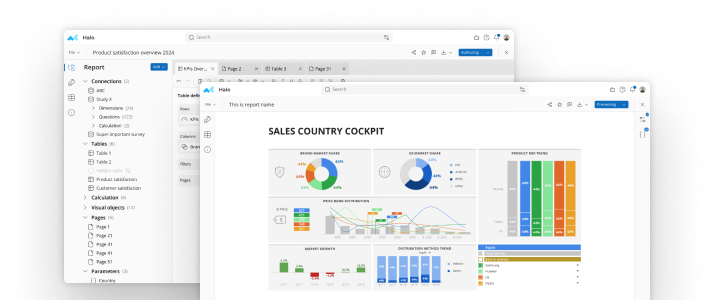A matter of trust for brands and consumers
Mark Lummas, VP of Customer Success for mTab, discusses Edelman’s Trust Barometer.

Mark Lummas, VP of Customer Success for mTab, discusses Edelman’s Trust Barometer.

Trust is a major issue that is impacting every corner of society across the globe. Edelman recently released its Trust Barometer for 2022 which features 10 major focal points on the state of trust for institutions.
We sat down with Mark Lummas, Vice President of Customer Success and General Manager of Asia Pacific for mTab, to discuss Edelman’s findings and his perspective on the state of preserving and building trust among brands and their customers.
Q: When it comes to trust, Edelman’s Trust Barometer finds that 77 percent of individuals trust their employer over their government, NGOs and the media by a large margin. Does this surprise you?
ML: Not really. First, governments are constantly having to respond to a spectrum of complex issues today including the economy, the pandemic and even war. And the 24/7 media cycle demands that broadcasters are continually filling air time with opinions and speculation. Things are bound to ‘misalign’ with what actually develops, so this can erode trust if it happens on a regular basis.
Conversely, most companies do not have to directly respond to ongoing issues in this manner since they typically sit outside of their operations. This doesn’t mean that companies don’t make missteps with accuracy or the truth, but they simply aren’t typically ‘at the podium’ as regularly as governments and media outlets.
Q: Do you feel that research provides an advantage in building trust?
ML: Often, yes it does, since it provides a view into the attitudes and behaviors of customers and constituents. Honestly, polling has had significant accuracy issues over the last few election cycles. A lot of time the sampling methodology can be a major factor in these accuracy issues. Businesses often want the ‘straight and narrow’ truth in order to set strategy and drive innovation. Brands are generally not promoting this research, unlike the government and political parties, so there tends to be less ‘spin.’ So, yes, genuine research can deliver valuable insight if it is conducted with a focus on uncovering an accurate view of the subject matter.
Q: Edelman’s research reveals that many individuals want businesses to lead more on societal issues and breaking the cycle of distrust. Do you feel brands are positioned to do this?
ML: I think a lot of businesses are in leadership positions that can help address societal issues, if not resolve them, at least to expose and educate on the issue. When it comes to issues like emission reductions or workforce development, companies can directly make an impact with their own actions. However, when it comes to issues like war or inflation it’s difficult for a company to make an impact on any level outside of making statements or taking positions on the issue, although many companies try to avoid taking action that may be viewed as political.
Q: How do you see brands building trust today?
ML: There are a lot of different ways. First and foremost, they use mTab to understand the sentiment and behaviors of their customers in order to set expectations and deliver them what they want in terms of products, services and communications. Beyond this, many companies are working to engage on societal issues in order to take more of a leadership role, whether with green energy or hiring practices, but a lot of these strategies and decisions are rooted in understanding their markets and customer bases to provide what they want in terms of societal action.
Make smarter decisions faster with the world's #1 Insight Management System.
